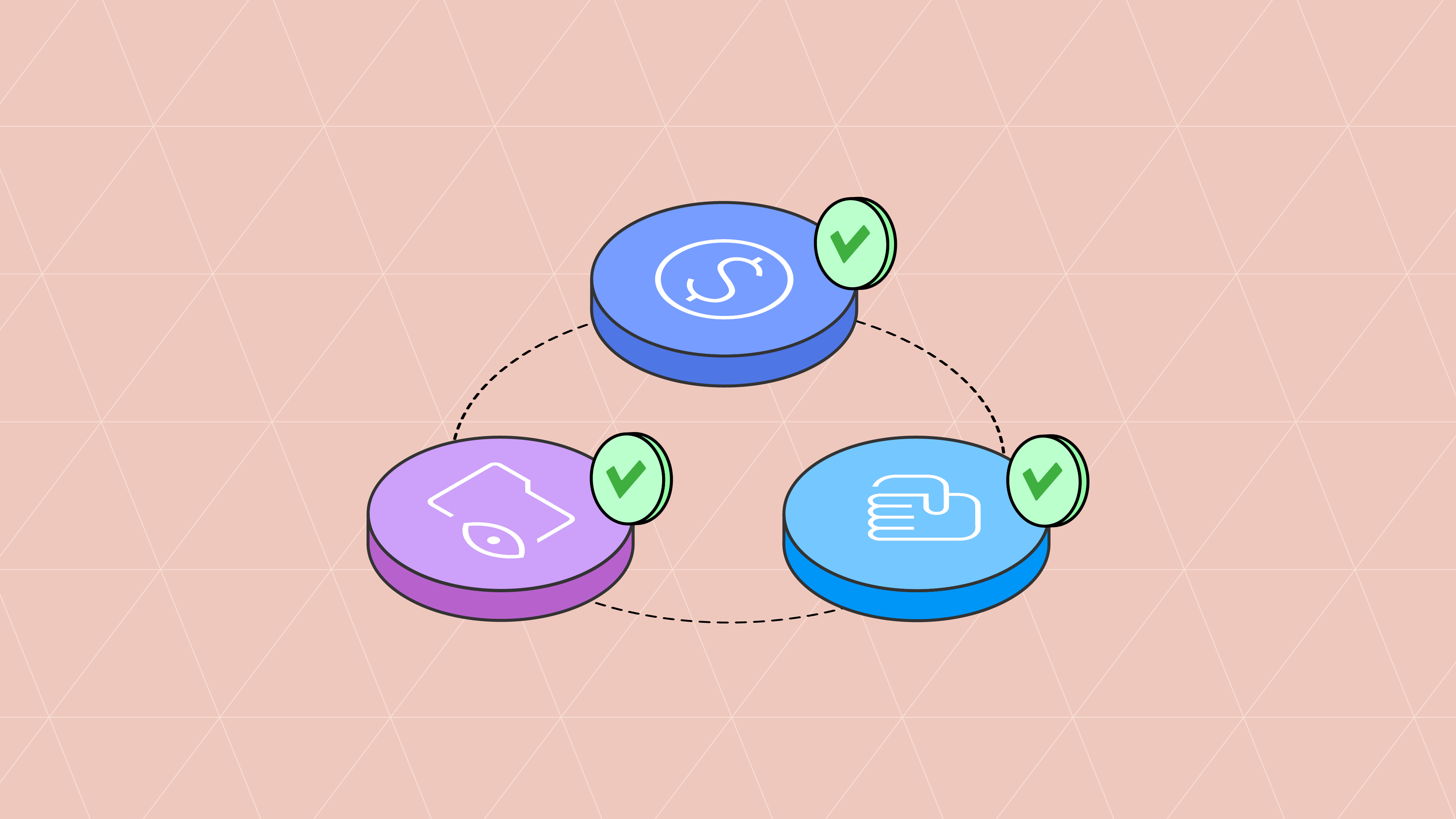Selecting EDI software represents a pivotal decision for businesses at any stage of their digital transformation journey. Whether you're implementing your first EDI solution or evaluating alternatives to your current system, understanding the core components of effective EDI software will guide you toward the optimal choice for your organization's unique requirements.
Getting Started: Your First Steps with EDI Implementation
Most organizations begin their EDI software journey when trading partners establish electronic data interchange requirements. Retailers and distributors increasingly mandate EDI capabilities for purchase orders, invoicing, and critical supply chain communications. Establishing EDI readiness positions your business to accept new opportunities while meeting all partner compliance standards.
Before diving into software selection, evaluate whether EDI management aligns with your core business operations. Many organizations prefer focusing their internal resources on revenue-generating activities rather than dedicating staff to complex EDI tasks like trading partner mapping, testing protocols, and system maintenance.
Companies seeking this approach often benefit from managed EDI services that combine technology platforms with dedicated support teams. These comprehensive solutions include specialists who handle customization, optimization, and ongoing operations, allowing your team to concentrate on strategic business initiatives while ensuring EDI compliance.
Recognizing When Your Current EDI System Falls Short
Business growth often reveals limitations in existing EDI infrastructure. Several indicators suggest it may be time to evaluate new EDI software options:
Your order processing requires excessive manual data entry due to increased transaction volumes. System performance degrades during peak demand periods or seasonal spikes. Trading partner requirements have become more sophisticated, requiring advanced capabilities your current solution cannot support.
Frequent errors result in costly chargebacks and damaged partner relationships. Recent business system upgrades create integration challenges with your existing EDI platform.
When these situations arise, modern EDI solutions can provide significant operational improvements. Advanced platforms automate order fulfillment processes, reducing manual data entry by over 90 percent while supporting integration with popular business systems including QuickBooks, NetSuite, Microsoft Dynamics, Oracle and SAP.
Evaluating EDI Software Providers: Key Differentiators
While many EDI solutions appear similar in initial presentations, significant differences exist in capabilities, support structures, and long-term value delivery. Making an informed decision requires understanding these distinctions to select a solution that will support your business growth for years ahead.
Consider these evaluation criteria when comparing providers:
Technology Architecture: Cloud-based solutions offer superior scalability and reliability compared to on-premise systems. Look for platforms designed to handle transaction volume growth without performance degradation. Stay clear of providers that use antiquated file exchanges and proprietary endpoints.
Integration Capabilities: Your EDI solution should connect smoothly with existing business systems. Evaluate pre-built connectors, API availability, and custom integration support. In a rush to capture the market, many EDI providers use third party developers to meet the market. Be wary of these, as they often support limited transaction sets. Furthermore, this can result in a support nightmare between the EDI solution and the integration software developer.
Trading Partner Network: Traditionally, established providers have connections with thousands of retailers and suppliers, with the goal of simplifying onboarding processes and reducing implementation time. However, newer, AI-enabled solutions (like Surpass) can map, test and onboard trading partners faster than the older map-dependent providers. Often the largest delay is waiting for trading partners testing contractors.
Support Services: Compare self-service models against full-service options. Full-service providers offer dedicated specialists who manage technical complexities on your behalf. Ensure if they do offer support, that you select a provider with Service Level Agreements with varying severity levels. Ensure you and your team understand the demarcation between what they are willing to do when and if things go sideways.
Compliance Management: Look for solutions that automatically update as trading partner requirements change, protecting your business from compliance issues.
Making Your Decision: Implementation Considerations
Successful EDI implementations require careful planning and realistic timeline expectations. Consider these factors as you move forward:
Internal Resources: Assess your team's technical capabilities and available time for EDI management. There are over 70k EDI professionals worldwide, and they are well-compensated. Organizations with limited IT resources often benefit from full-service solutions.
Growth Projections: Select a platform that can scale with your business expansion plans. Consider potential new trading partners, transaction volume increases, and geographic expansion. Other growth areas include 3PL/4PL, co-packer integration or freight automation, so choose a provider that can help your business’ agility.
Budget Planning: Factor in both initial implementation costs, ongoing operational expenses and periodic consulting or service hours. While full-service solutions may have higher monthly fees, they often provide better total cost of ownership by eliminating internal resource requirements. If a 3-5 year ROI, TCO, and NPV analysis would be helpful, Surpass offers an analysis and spreadsheet to aid your decision.
Timeline Requirements: Trading partner deadlines may influence your decision timeline. Some solutions offer faster implementation paths than others. Many trading partners and providers have temporary means of supporting your EDI operation, but often at the expense of added labor for the supplier.
What is the cost/benefit analysis of different types of EDI options? Schedule time with an EDI expert at Surpass to the answer for your exact scenario, completely free of charge.
More articles
Our platform is designed to empower businesses of all sizes to work smarter and achieve their goals with confidence.




